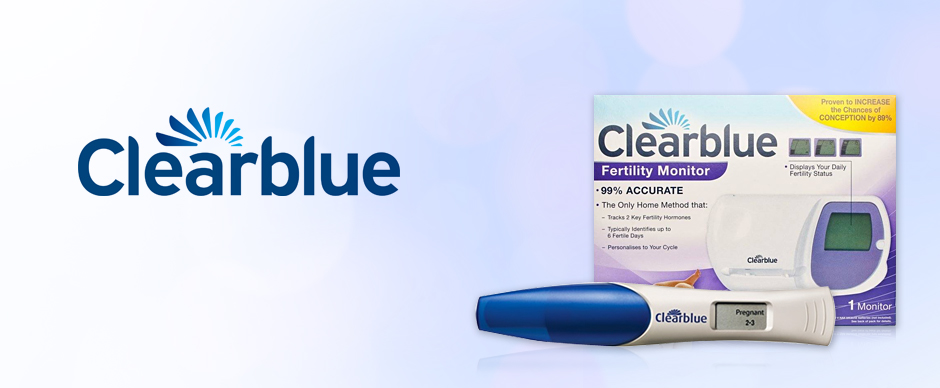
Preparing for Pregnancy
The best way to ensure that you have a healthy pregnancy, safe delivery, and strength enough to care for your baby post-delivery is to follow a well-balanced Pregnancy Nutrition Guide. Through planning a Pregnancy Nutrition Guide you will be able to set a proper diet and health plan that will prepare your body and give it the strength that will be needed throughout and after pregnancy. For more information on Pregnancy Nutrition Guide read further:
If you’re planning to have a baby, it’s a good idea to start thinking about your health and lifestyle as soon as you want to start trying or, even better, a couple of months before you stop using contraception. There may be medical issues you haven’t thought about yet — such as whether you’re up to date with your vaccinations — so it’s worth going to your doctor for a check-up.
When to Stop Contraception:
With some methods of contraception, such as the male and female condom, the cap, diaphragm and natural family planning, you can start trying to get pregnant as soon as you stop using the contraception.
With other methods, such as the pill and contraceptive injections, it can take some time for your cycles to return to normal after stopping the contraception. You may therefore want to come off the pill a couple of months before you wish to start trying for a baby.
Nutrition:
It’s a very good idea to think well ahead when it comes to healthy eating: if you’re eating well before you get pregnant, you’ll have all the right nutrients to support your baby from the day of conception onwards. This means eating regular, balanced meals, lots of fresh fruit and vegetables and cutting down on ‘fast food’ and processed food. You should make sure your diet includes:
Carbohydrates – complex carbohydrates such as pasta, rice and cereals are better than processed carbohydrates like white bread, cakes and biscuits. Fruit and vegetables – try to eat five portions a day, bearing in mind that the more colourful the fruit or vegetable, the more nutritious it is. Protein – you can get the protein you need from meat, fish, eggs, pulses and beans. Milk and milk products – these contain lots of calcium, which is important for bone development Fat – try to get your fat intake from vegetable sources (olive oil), or oily fish like salmon, herring or mackerel.
Exercise:
It makes sense for you to be fit before you get pregnant because pregnancy (and looking after a new baby) puts lots of strain on your body. If you’re fit before you get pregnant, it will be easier for you to keep active when you are pregnant. Exercise can also help improving your mood and energy levels, not to mention reducing stress, which is a good thing when it comes to conceiving.
If you’re underweight, you may need to put on some weight, because nature is notoriously unwilling to let women who are too thin get pregnant. Being overweight can also get in the way of a successful pregnancy. So the best thing is to try and achieve as ideal a weight as possible before trying to get pregnant – your doctor will be able to give you information about a healthy weight for you.

